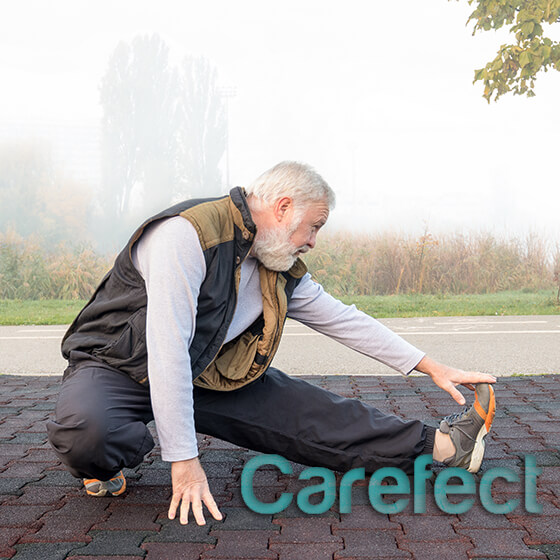Exercise Tips for Seniors with Parkinson’s
I am sure you have heard the phrase “food is medicine” and this is very true as nutrition is an important healthy habit when developing an effective routine. However, another aspect of your daily habits that can be as good for you as medicine is a physical activity routine. Exercise is good for you physically, mentally and emotionally and should be fun and fulfilling. Nutrition, sleep and a daily exercise routine can all be foundational to a healthy life. Physical Health People often think of the value of exercise being...Read More

